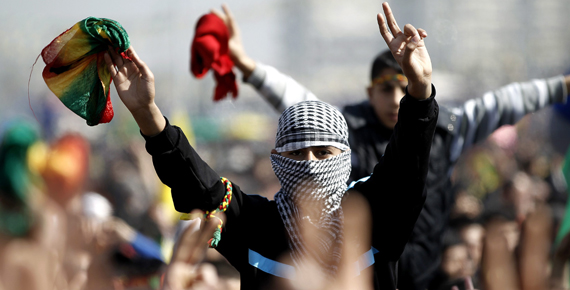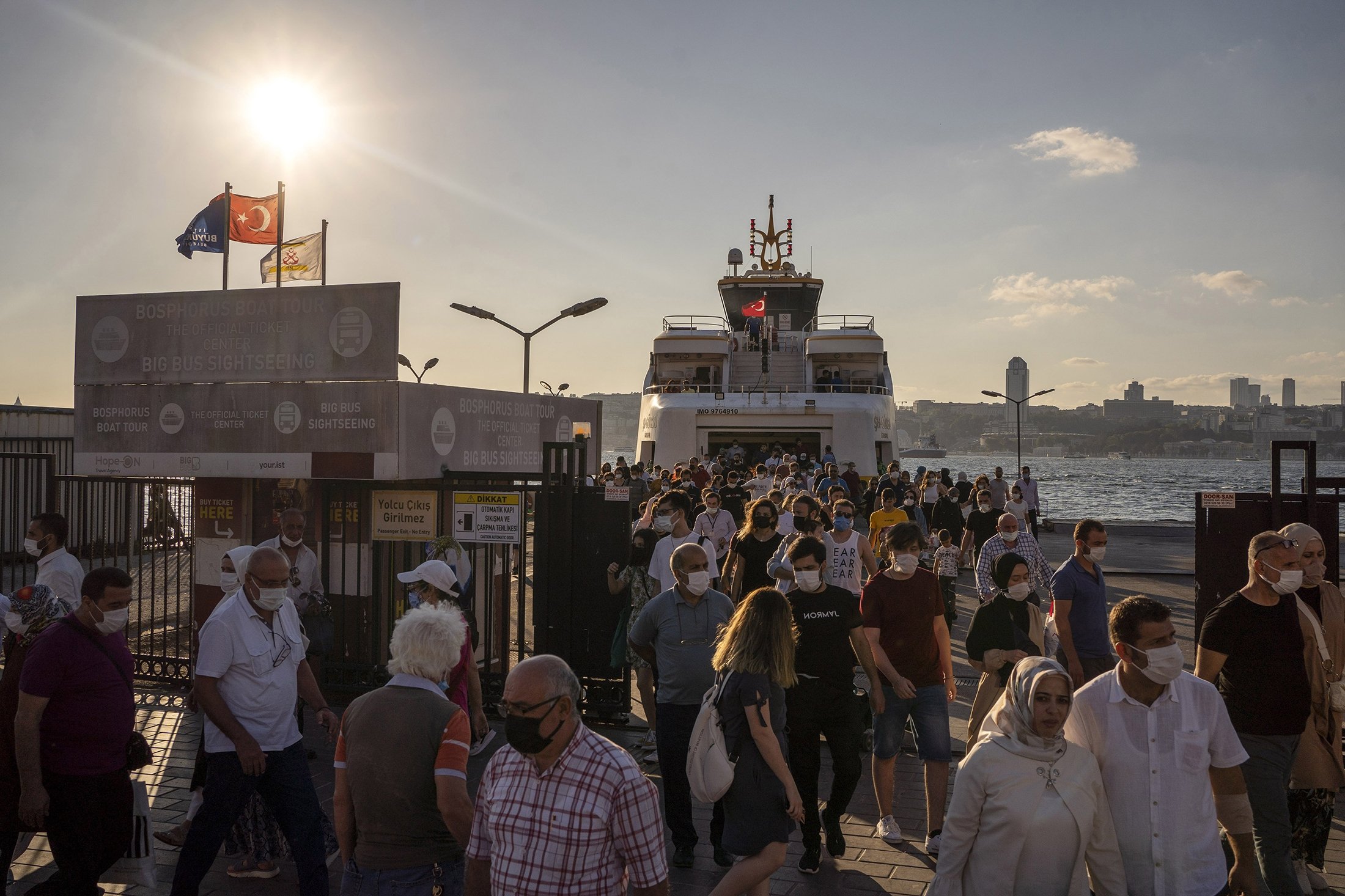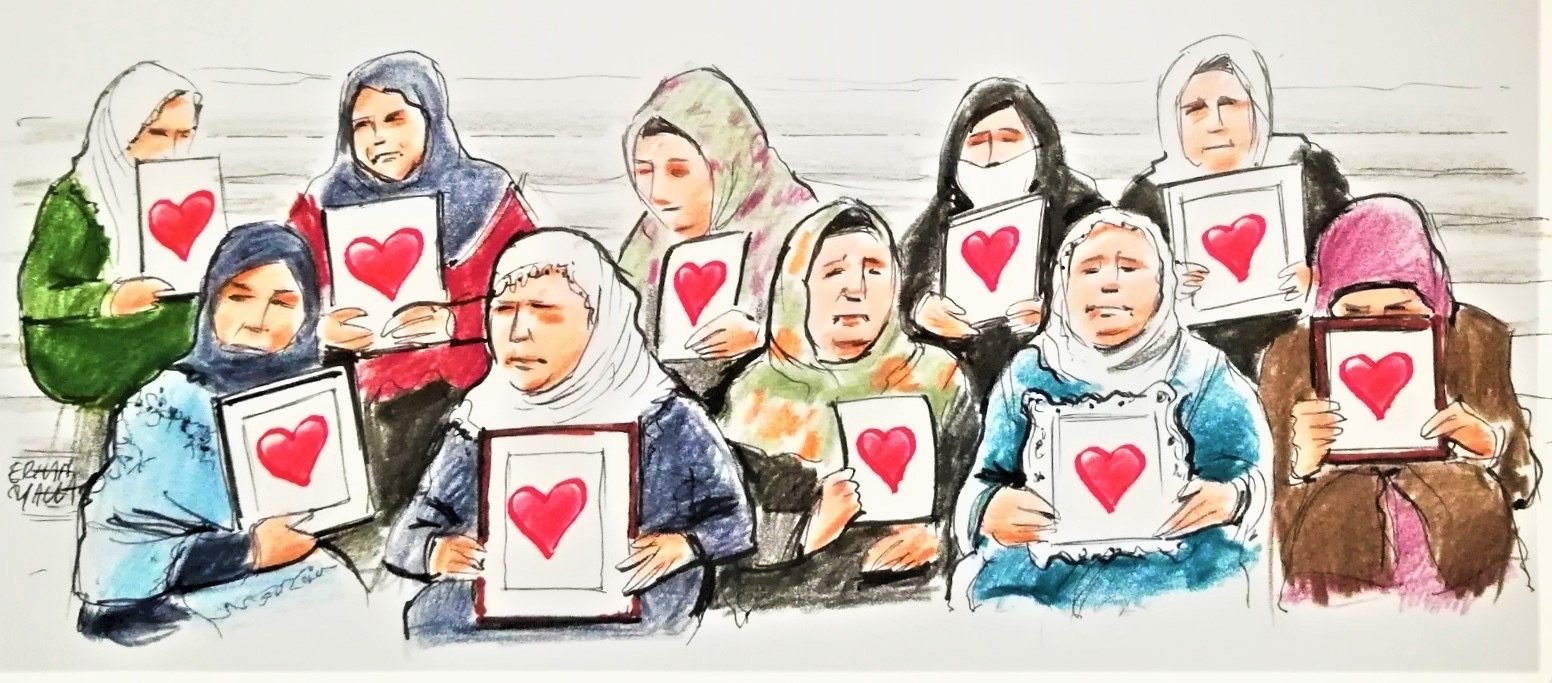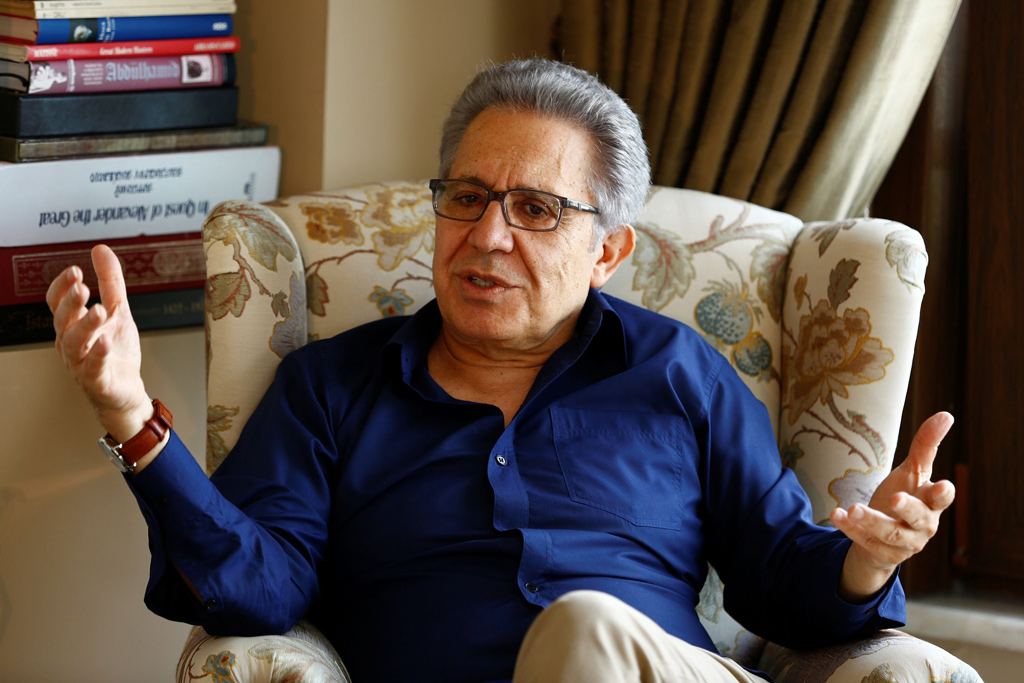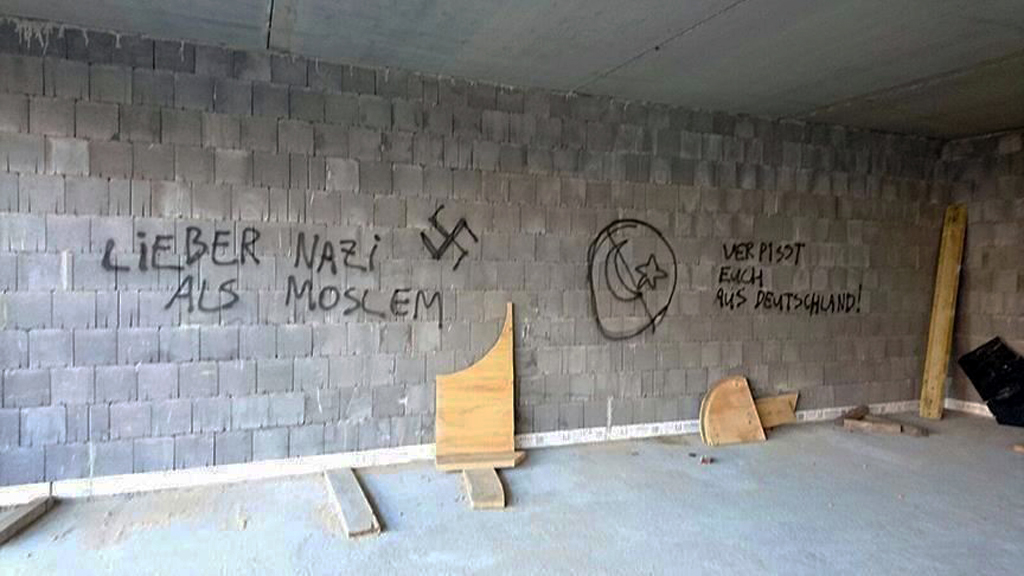The perpetrators of the 1980 military coup were convinced that any political movement against the official disquisition in Turkey had been eliminated for good. The last thing they expected from the remnants of the bloody coup was the reappearance of ethnic or religious identities. However, almost the exact opposite of what they expected occurred. Before even a decade passed since the military overthrow, two strong political currents had already surfaced: Islamism, mostly by the will of the people, and Kurdish nationalism, mostly as a result of the primitive pressures exerted by the military tutelage regime. Both gained strength and spread day by day. The 1990s became a period in which military-judiciary tutelage, Islamism and the Kurdish movement, all simultaneously, made it to the summit and were noted down as the lost years for Turkey.
Islamism transformed into a political structure appealing to all of Turkey. The Kurdish movement, however, confined itself to become a community movement in the narrowest sense, because of its political discourse, failure to give up arms, its belated baggage of nationalism and the leftist-intellectual patronage over it. It became so narrowly confined that it even turned into a minimal representation of the Kurds.
The failure (of the Kurdish movement) to address the entirety of Turkey had a very high cost. The Kurdish movement, in the last 30 years in particular, has never seemed to understand the fact that no singular political demand made in Turkey was able to win from the system what it desired. The equation, however, was not too complex. In totality, every actor who has contributed and supported the democratization of Turkey was also able to acquire the power to expand its own share of ground. The ruling Justice and Development Party (AK Party) strictly applied this quite simple recipe during its terms in office; therefore it became the winning actor always. In this process, many demands by the AK Party grassroots were delayed and spread over time to be met. All of the delays caused aggravation of certain sects and therefore led to resumption of their rightful demands. However, the betterments for all the general public never changed direction. As Turkey made progress in democratization, some of the grievances were eliminated; and as for the unmet demands, the necessary ground was secured for continued efforts for change to fulfill them.
Today, those who ask – sincerely or with ill intentions – “What will Kurds gain?” in the solution process, must understand that now the possibility of a similar ground occurring for the Kurds for the first time is insight. Therefore, those who are looking for the word “Kurd” to appear in the answer to the question above are doomed to disappointment. In fact, the continued existence over decades of the aforementioned “Kurdish problem,” in a way to a great extent, stemmed from the attempts to make democratization efforts uniquely focus on Kurds. Similarly, the establishment has managed to this date to live off the backs of those who look for the answer to the above question, creating grounds for itself to perpetuate. Belated Kurdish nationalism perhaps could not give anything to the Kurds, but it surely bestowed at least 20 years to the regime of tutelage for it to survive.
[Hurriyet Daily News, 4 April, 2013]

